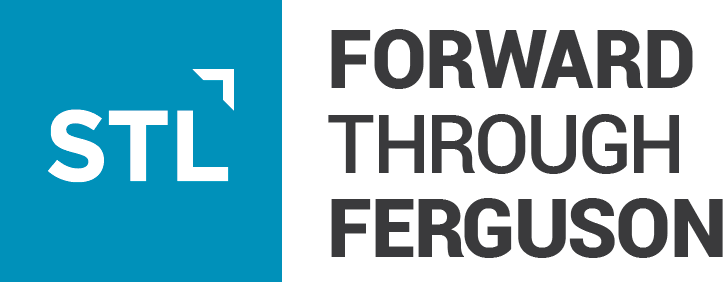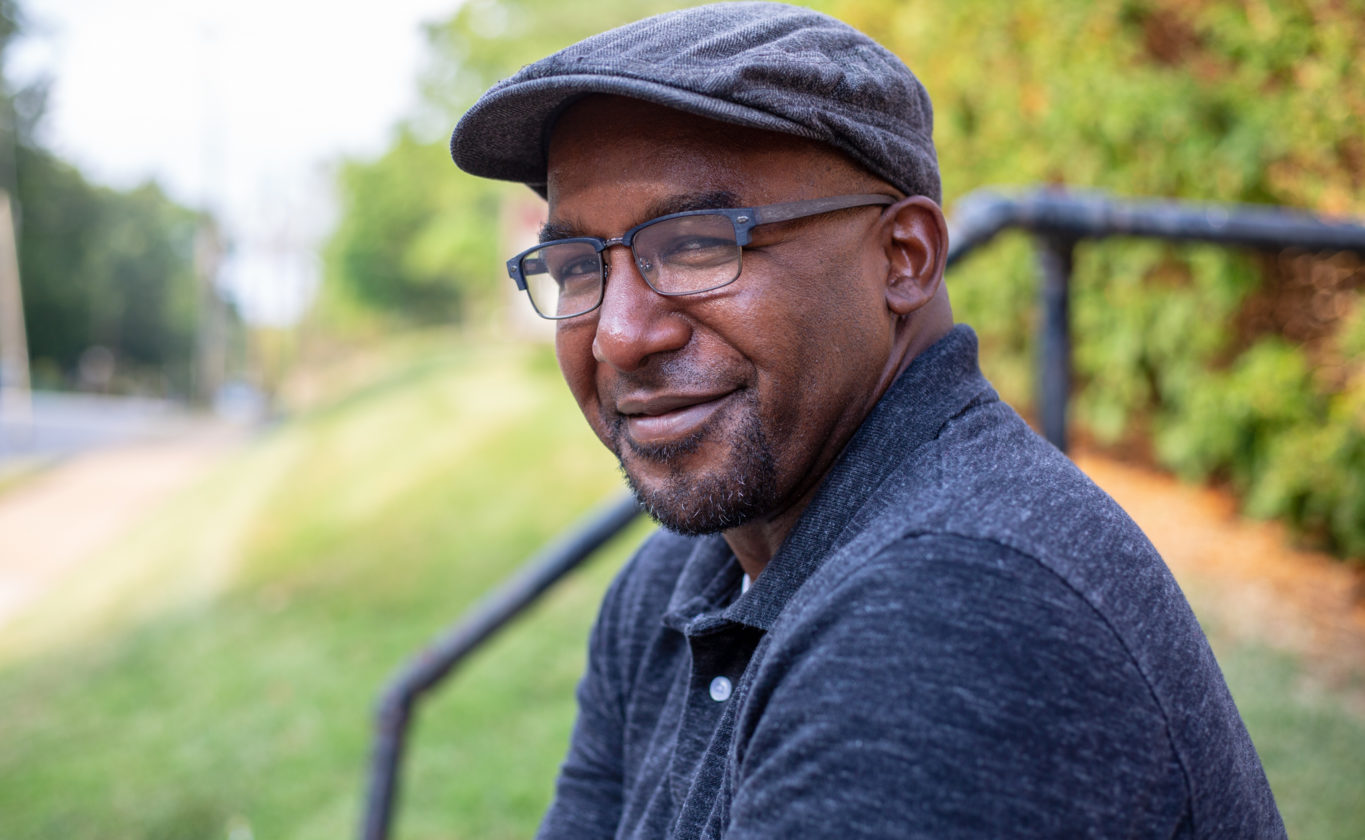In light of the recent release of the State of Police Reform, we’re sharing some officer’s stories related to police reform in our region. These stories are part of the #FiveYearsLater #STL2039 series with Humans of St. Louis.
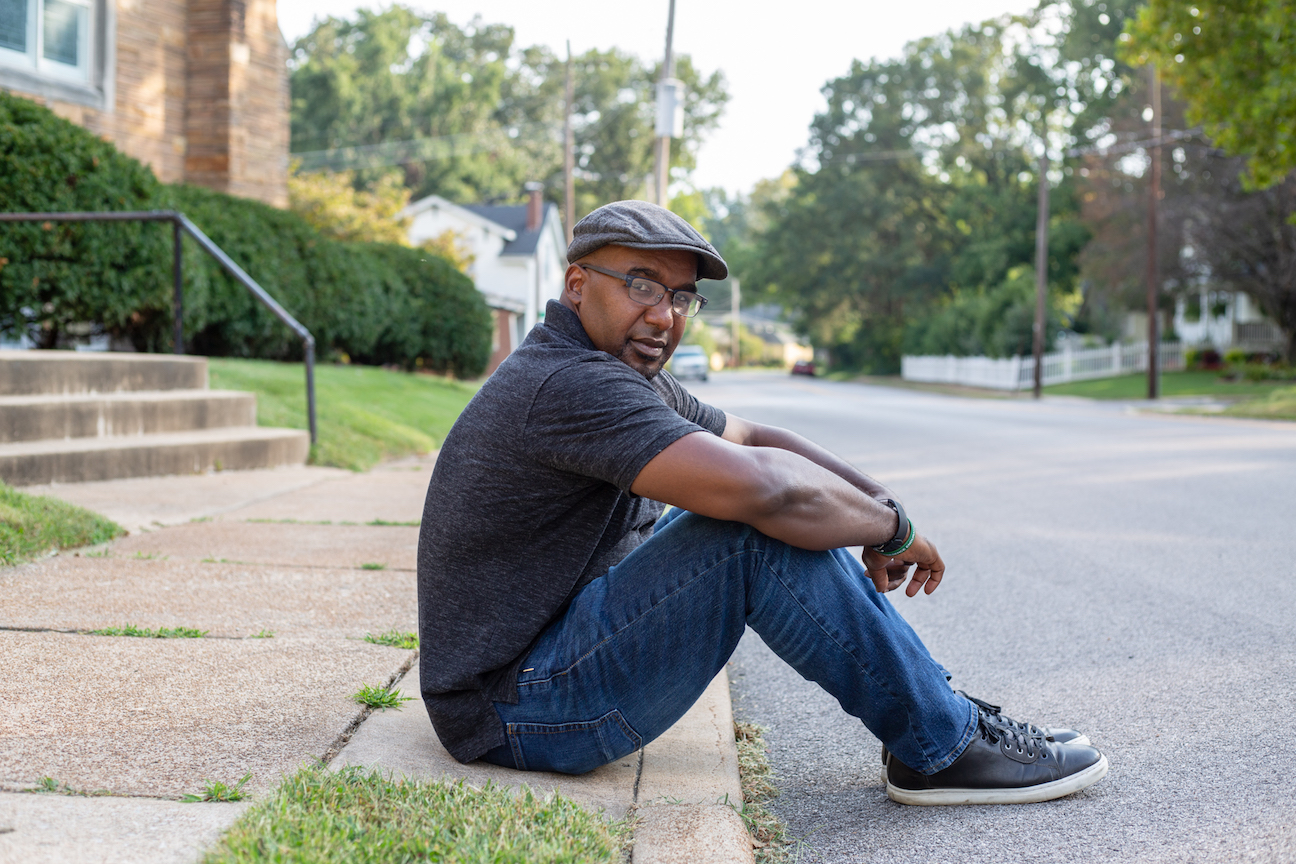
Terrell Carter, Photostory by Colleen O’Connell Smyth
One of the most intoxicating things is to have a badge, a gun, and be able to say, ‘I can make anybody do what I want them to do.’ Not only that, but you also have people who are going to believe everything you say, figure out a way to defend you, and make you out to be a good person no matter what. Who wouldn’t want that? Too many people benefit from the system of policing. Police officers benefit because they get to have power.
One of the most intoxicating things is to have a badge, a gun, and be able to say, ‘I can make anybody do what I want them to do.’
Their families benefit because ‘my dad is officer such and such,’ or my wife, or grandma, or whoever. On the citizen side, we’re always looking for somebody to put our faith and trust in. We say, ‘Take care of this and we will reward you.’ We’re looking for people to put on pedestals and put our hope, energy, and resources behind. St. Louis is a pro-police town. You don’t just get protection, but you get to go to the front of the line at McDonald’s. When I was a police officer, we got to eat at McDonald’s for free. Do you know how many officers took advantage of that every day? It stopped because one officer fed his entire family. It’s simple stuff like that. Some police officers have fans or groupies. There was a running joke that if you get in trouble, you don’t have to worry because you have the biggest gang behind you. Each officer’s radio has an orange button on top that you press when you’re in need of aid. You can hit that button and everybody stops what they are doing. No matter where they are or how far they are, they rush to help you. As long as you can stay awake or alive until the cavalry arrives, the tables will turn immensely
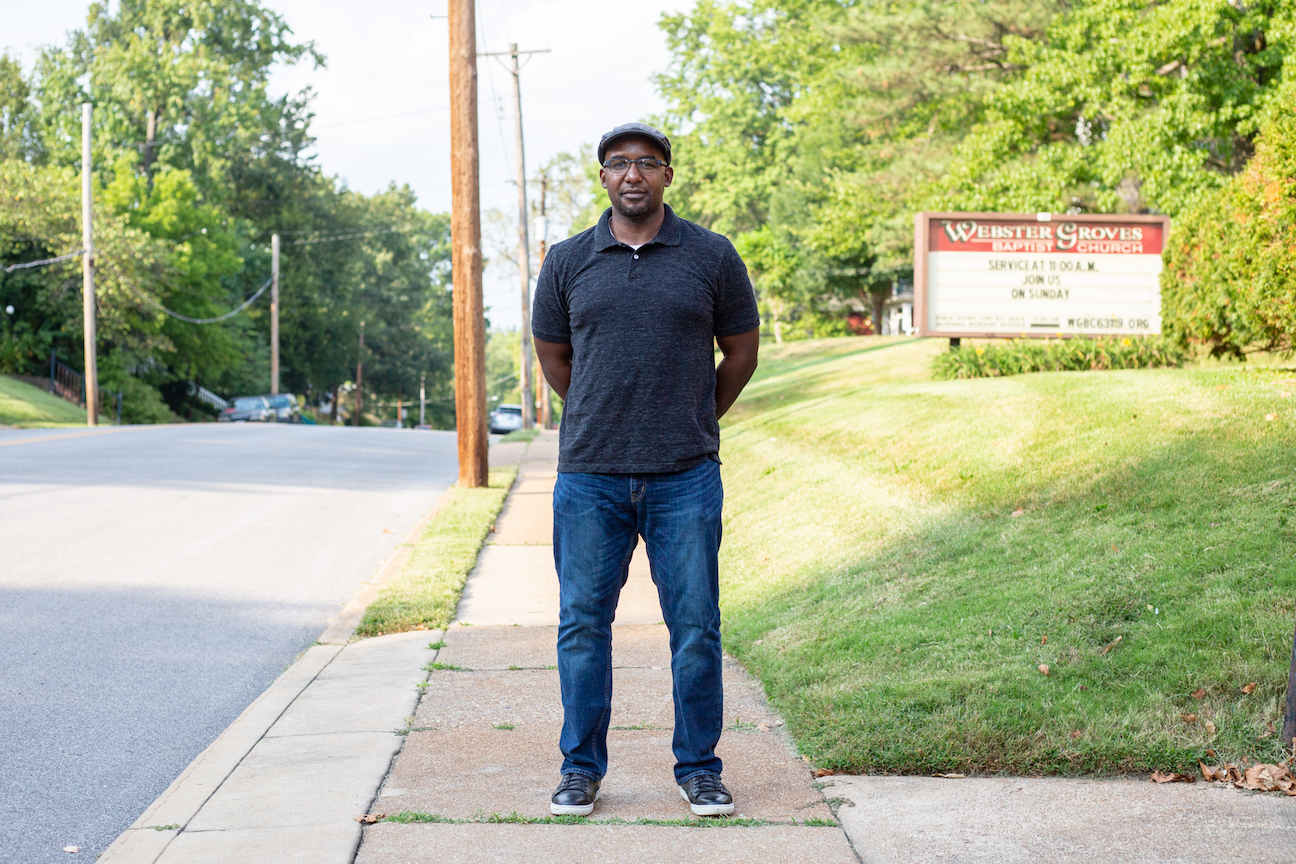
I became a police officer because I was about to become a dad and I needed a job. I got married when I was 21 and was going through a divorce by the time I was 23. My wife at the time told me she was pregnant. I was working in construction, and it wasn’t consistent. I prayed and said, ‘God, this baby is a blessing, but I need to be able to take care of my family.’ Two days later I heard a police recruitment advertisement and thought, ‘This cannot be the answer to my prayer.’ Growing up, I had not had a good experience with police at all. I only knew one person who was what I would consider to be a good officer. I contacted him. His circumstances had been like mine. He was a father and got a divorce and ended up getting custody of his son. I ended up getting custody of mine, too. He told me, ‘The police department will provide you with stability and income. They will pay for you to go to school so you can finish your degree. There are negative things as well, but you have to weigh them and figure out if it’s what you want to do or not. You could do it for a couple of years or you could do it for 20 years and retire.’ So I applied and got in and it allowed me to take better care of my son than I would have been able to do if I had been working just construction jobs.
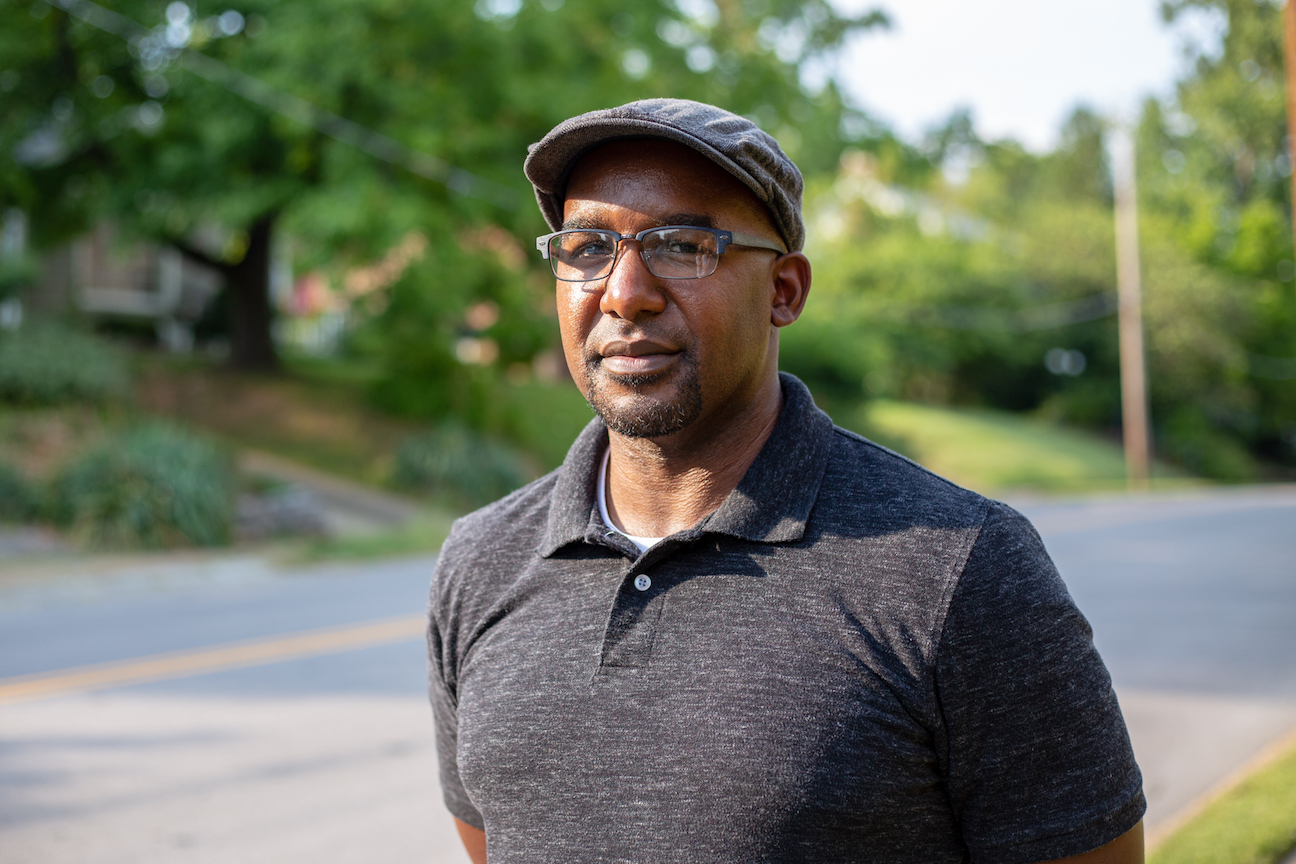
When I started, my training officer wanted to help me get statistics. The first night I worked, our sergeant pulled me into a detective interrogation room. He said, ‘You’re going to see some things happen. You just need to do what you’re told and you’ll be alright.’ I was stunned. When I walked out of the room I went to my training officer and asked, ‘Does he have that conversation with everybody?’ He said, ‘Did you hear what the sergeant said to you? Don’t worry about it as long as you heard what he said.’
We ended up arresting a guy that we shouldn’t have. He was outside and it was late. We went into his house without a search warrant and found bags of unmarked pills – which were clearly Sudafed and other medications – and an old rusted gun that had been stuck underneath a pile of things. We arrested him for drug paraphernalia and possession of a weapon, although it’s legal to have a weapon in your home. We found cash, too, and confiscated that, although many people don’t have banks and keep cash at home.
It wasn’t the only time I learned the realities of policing; how police stick together and how the system operates.
We got to the station and the officer wrote a report. I pushed back and said, ‘This is not how this happened. We shouldn’t have arrested him in the first place. I don’t want to sign this.’ He didn’t threaten me, but he made sure that I knew I needed to sign the report in the morning.
On my way out, I ran into another officer who I thought I could trust. I asked him, ‘Can you help me think through this? I don’t want to sign this report.’ The officer said, ‘I’ll figure out a way to get you out of this.’ When I came into work the next day, the training officer met me at the door and said, ‘I heard what you did. If you ever do it again, you’ll be out on the street by yourself.’ It was only three months into the job. It wasn’t the only time I learned the realities of policing; how police stick together and how the system operates. I don’t think you ever see people at their best as a police officer. For a while, I started seeing everyone as a moron. When I realized that, I knew I needed to get out of that environment.
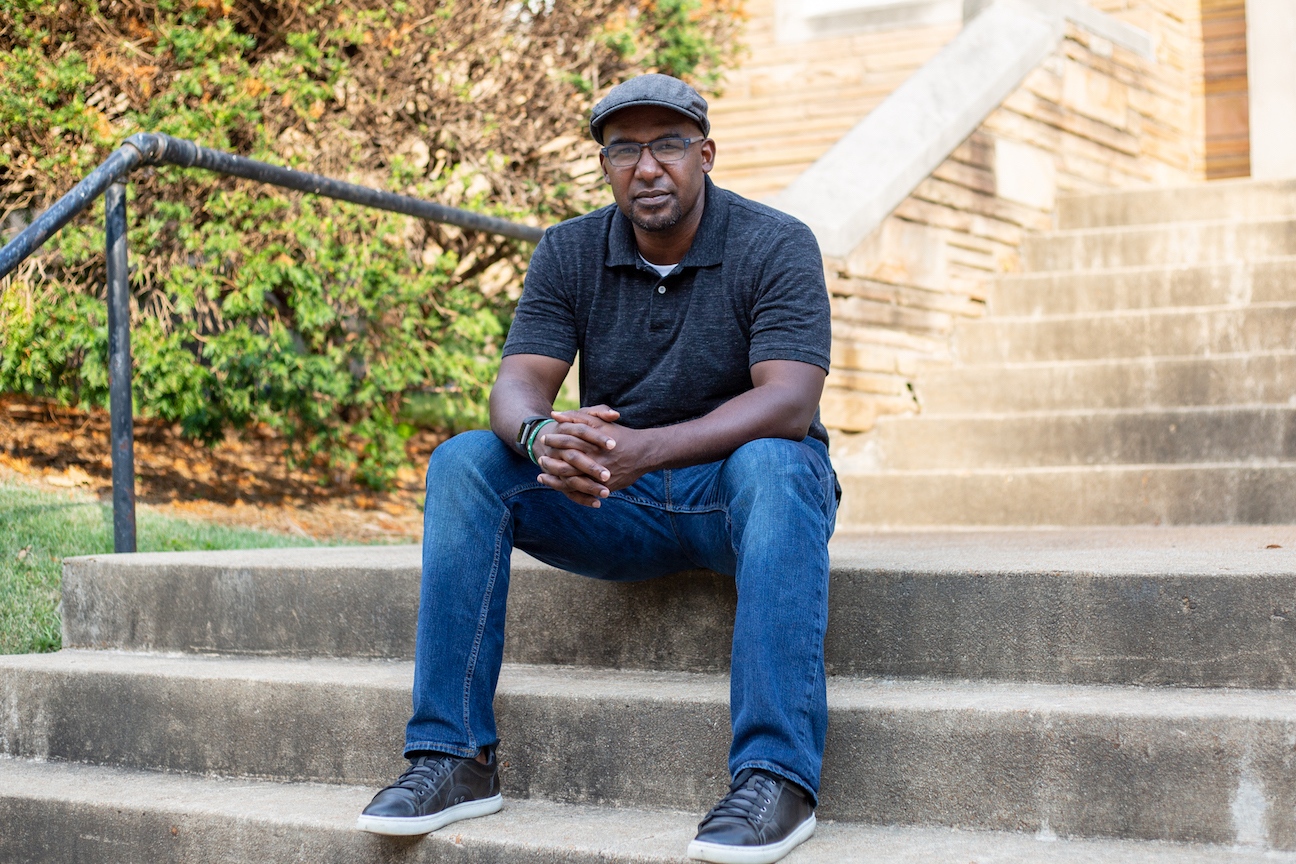
I decided to testify against my partner for planting drugs and stealing money from people. I knew I was not going to be able to survive in the department. A detective had gotten a call for a suspected drug sale out of a daycare center in North St. Louis. My partner and I were doing plainclothes narcotics investigations. We had an unmarked car. We didn’t have to wear uniforms on a regular basis. This detective came to him and told him that she had an informant and wanted backup. When we got there, I asked, ‘Why are we doing this? It’s not our call.’ He and the detective went into the daycare and talked to a lady. A little bit later my partner came out and said, ‘We’ve got her and we’ve got some drugs. You and I are going to take over the investigation.’
Back at the station, I found out that she was holding drugs for a drug dealer that my partner had been searching for for years. It was his opportunity to get this guy. She wrote out a page confession, and we confiscated a golf ball sized amount of crack. At that moment, the drug dealer paged her and said he was outside the daycare ready to pick up the drugs, so my partner and I went back. The drug dealer was in his vehicle with two other people. We got them out. Three other officers and I searched the vehicles and didn’t find anything. All of a sudden, my partner came over and said, ‘Look what I found.’ He was holding a golf ball size amount of crack.
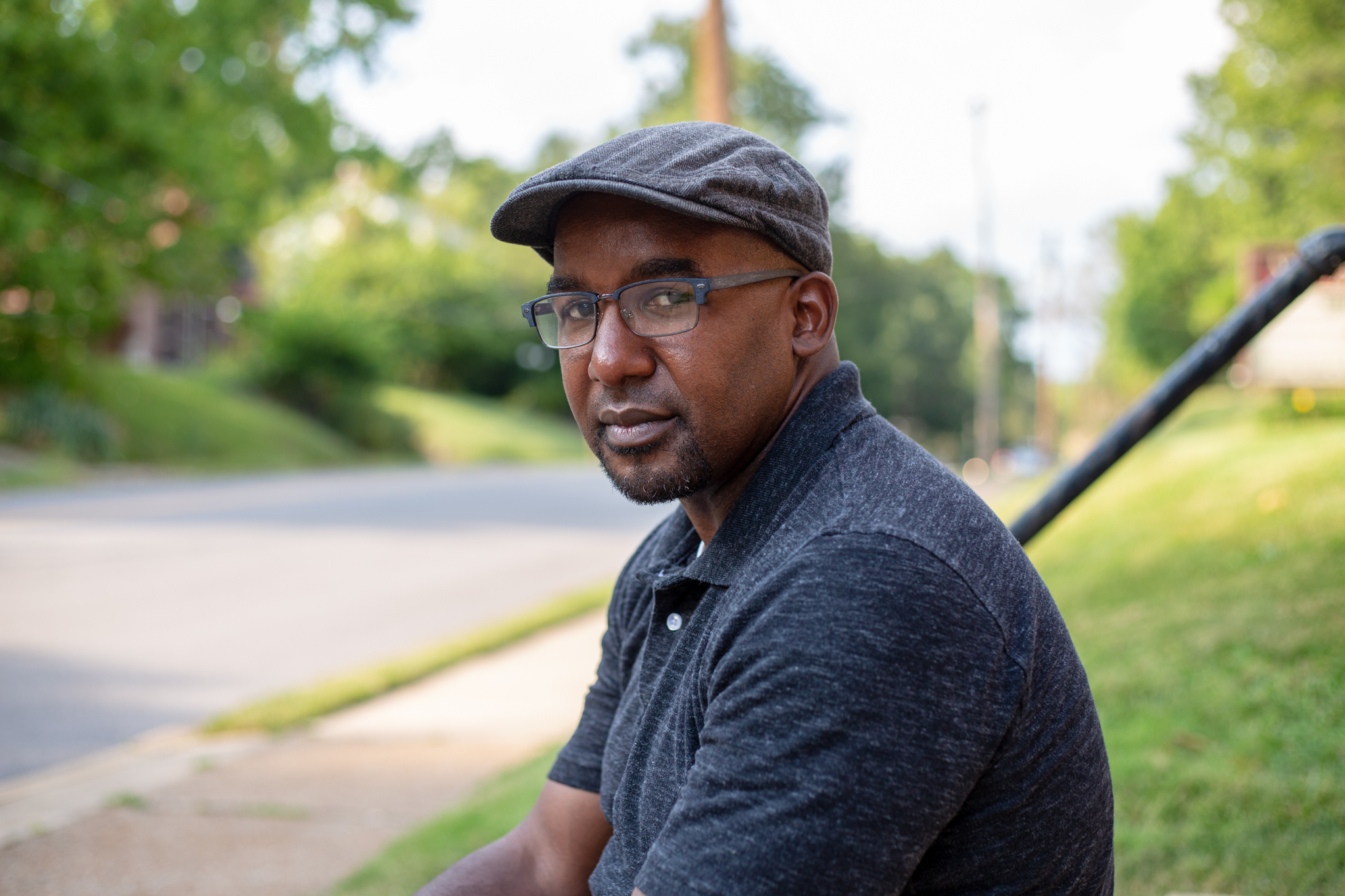
Later, when he wrote the report, my partner said that the crack was the size of a baseball, that someone was in the front seat weighing and cutting it, and another person was twirling a gun and counting cash. When I saw the lies I was like, ‘I can’t in good conscience send people to jail for something that they didn’t do.’ He could have just told the truth. We had the drug dealer’s voicemails, text messages, and corroborating evidence with the young woman.
I wouldn’t want to stand around to let what happened happen to anyone, but especially when it’s Black people who grew up in circumstances like I did. Why would I want to use the power of the system to make their lives harder just for my career?
When the federal prosecutors called, I told them, ‘What he wrote in his report is not what I remember.’ The first thing they said was, ‘Thanks for telling the truth. We’ve been watching him, which means that we’ve been watching you. We knew he was up to dirt, but nobody would come forward. You’re the person we’ve been waiting for.’ I ended up quitting, and no police officer wanted to touch me with a 10-foot pole. Nobody ever approached me and when I saw police officers who knew who I was, I was ostracized. Knowing I was going to testify, I was done.
I started another job and moved on with life as much as I could. When the trial occurred, my partner got convicted. Now some police officers still don’t like me. My frustration is that I didn’t get anything out of it. I’m a Black man. I wouldn’t want to stand around to let what happened happen to anyone, but especially when it’s Black people who grew up in circumstances like I did. Why would I want to use the power of the system to make their lives harder just for my career?
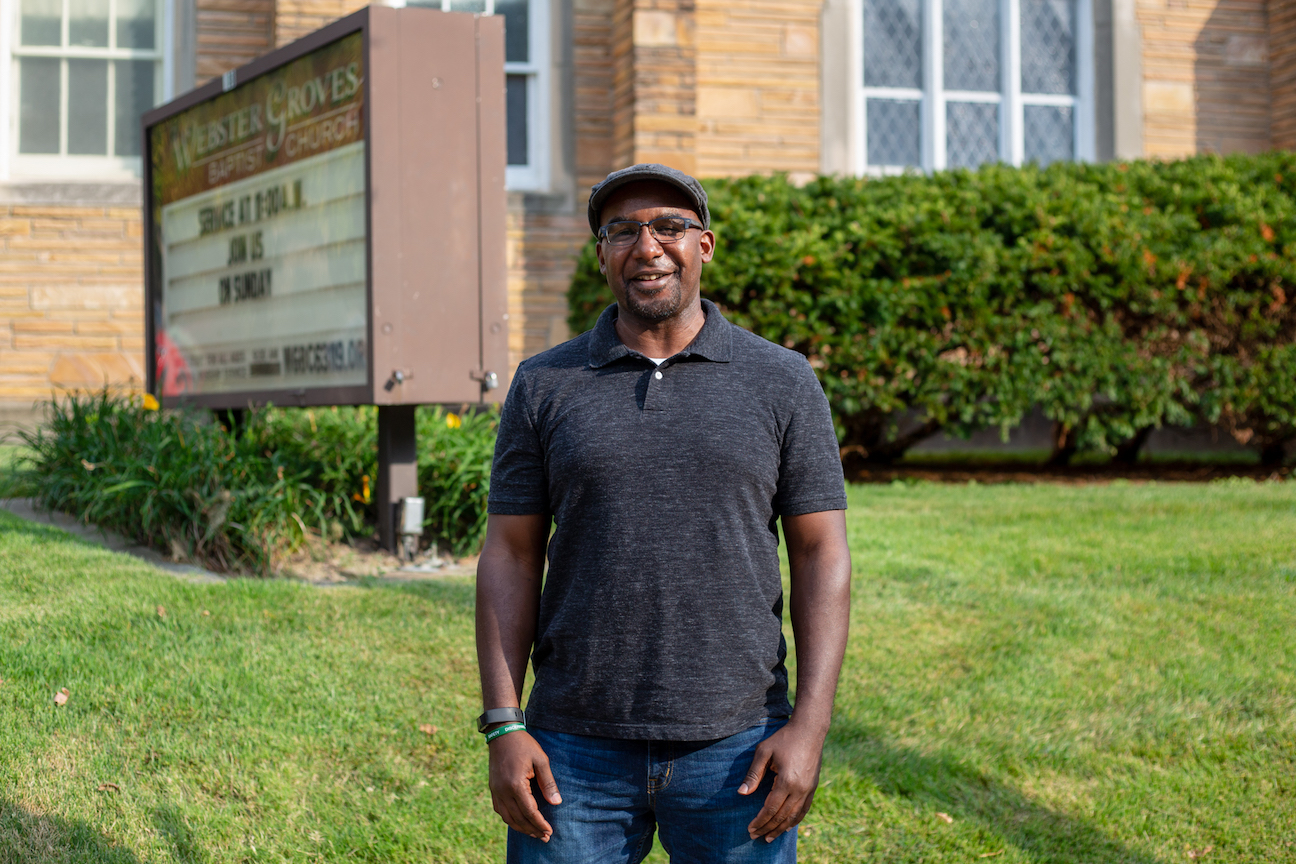
After I wrote the first police book in 2015, I started getting contacted by non-Black officers. They would say, ‘I read your book and your columns. You don’t think I’m a racist, do you?’ If you have to ask me that, it tells me a lot more about you than I thought. Then I started getting contacted by former police officers, primarily African American, who would say, ‘Everything you’re saying is my experience as well.’ And others who were still on the force who would say, ‘I can’t wait until I leave because then I can tell my story like you did.’
Five years after Michael Brown, the systems are still in place. We still don’t see African Americans as fully equal. We see Black men as a threat. Even with a Black chief, it’s not any different. The Black chief works for the system. The test will be, does he try to change the system or go along with the way things have been done?
Five years after Michael Brown, the systems are still in place. We still don’t see African Americans as fully equal. We see Black men as a threat.
My way of creating change is through writing. I just tell the truth. I try and build bridges by saying, ‘Here’s what police officers think and experience. Here are some of the opportunities. How do we change the system?’ Some bad people are part of the system, but there are good people in the system, too. How do we empower them? I try to build bridges between people who are different from each other. Not just Black and White, but people who are different than each other in general, and the communities of citizens and police. I’m not the type of person who will go out and march. What does a march do? I know I have benefited from marches. But that’s not how I’m built. I’m built to communicate and try to help people understand that this stereotype of a particular group of people may not be true, whether it’s the stereotype of Black men or police.
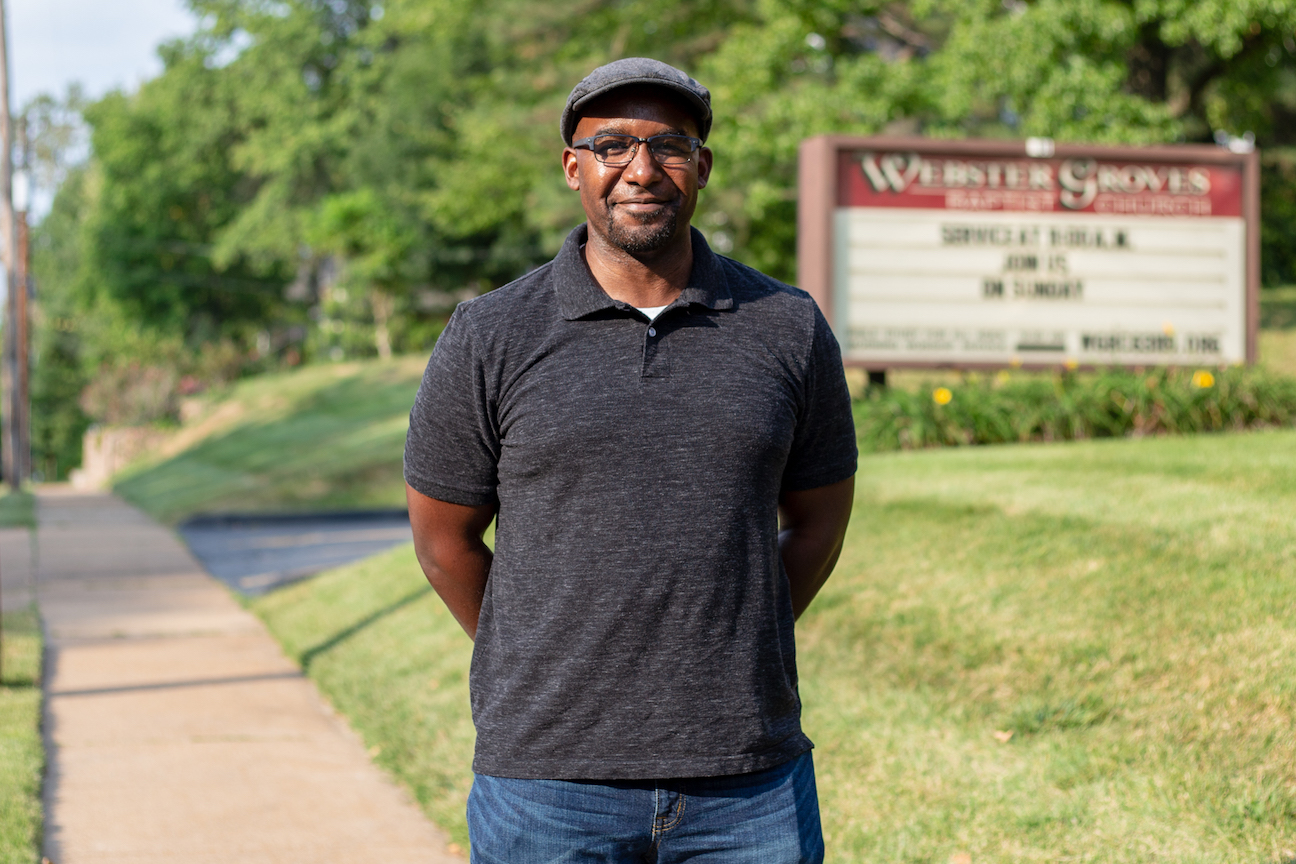
I did an interview with the Plain View Project and the lady ended with asking me what hope I had. Sometimes it’s really hard for me to hope, but I have hope in my kids. I have hope that their lives will be different, but part of it is because they don’t plan on being in St. Louis. The things we’re talking about right now are the same things my grandfather was talking about. The system in St. Louis has not changed. We have the same political structures in place, the same people behind the scenes that hold political power. The system makes sure that if you are someone who is trying to change it for the better or do something differently, you are not going to last very long.
I believe in a generation of people or a community of people that will say, ‘Enough is enough. We are going to stick with this until legitimate change happens and then try to share that power and experience with other people.’
What could I hope for? I could hope that someone has stayed the course to bring about change. We don’t just need one person leading us. I don’t believe that there is a savior. I believe in a generation of people or a community of people that will say, ‘Enough is enough. We are going to stick with this until legitimate change happens and then try to share that power and experience with other people.’ Power and influence get sprinkled across a few people, and they carry that for generations. It’s part of their legacy instead of spreading it across a community.
